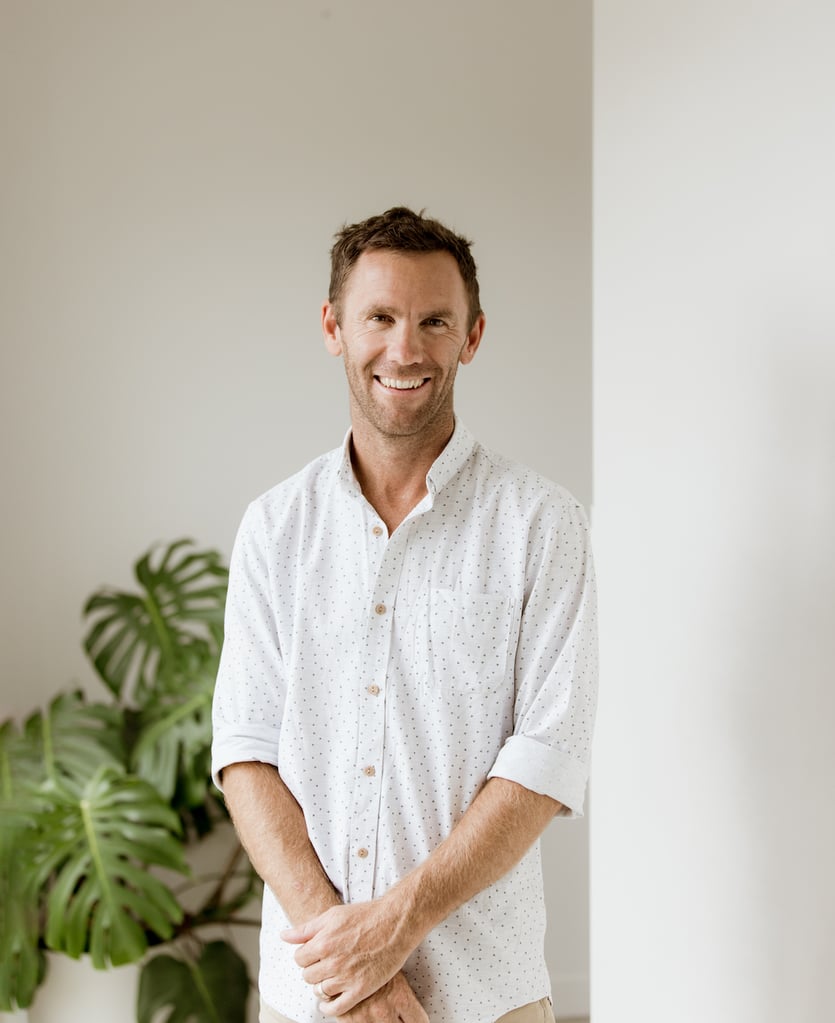
For some, 2023 has been a successful year, but Ben Lynch, Founder of fintech company Akahu and Dolla says the past year has been a difficult one following other difficult years, but there are still some learnings to take away from it all.
One year in the world of start-ups is a really long time. Things happen at such a rapid pace, so much can change at a blink of an eye.
For a start-up like Lynch’s Akahu, a tech infrastructure company that provides easy-to-use Application Programming Interface (APIs) for developers in financial institutions, it is heavily reliant on banks and the governments to help them progress and show growth.
His start-up comes at a time when it is proven that New Zealand is lagging behind on a fintech level where on a global landscape, with the likes of the US, the UK and even Australia miles ahead.
“I set out to build access to this, it’s like an infrastructure play where access to this information as securely as we could, knowing that at such point in time, the banks will be providing APIs themselves to authenticate and we just have to switch over to do it,” he explains.
“But I didn’t want to wait around for the banks to do this or for the government to tell them to do it, because history suggests you’ll be waiting a very long time.”
Lynch says that we live in a society where bank and government participation and backing is needed to scale up.
And for Akahu to get the backing of these two large entities in one year is hard, because that is a short period of time, especially when it is proven that these banks will need API infrastructures heading forward.
“We have seen a lot of growth in the past year, increasing our revenue by 215 per cent, collaboratively working with the likes of MBIE and the Commerce Commission and partnering with innovative Kiwi businesses like Employment Hero, Cogo and New Zealand Home Loans. We are confident that we can maintain this momentum moving into 2024 and that we’ll continue building technology that influences the future of New Zealand,” says Lynch.
“It is a great opportunity for New Zealand to own and control this infrastructure and not have an overseas company drop in and then just suck out essentially all of our data, which definitely could happen if we weren’t to take some sort of active participation and ownership over it.”
But it’s not just the line of work that Lynch is finding challenging.
“If we think we go back to 2021 post-COVID, basically you could raise money on the back of a napkin and people would throw money at you, and that was too far one direction, but we’ve swung all the way the other direction,” he says.

Though Akahu was able to hold a successful capital raise in August 2023, Lynch expects 2024 to still be difficult to raise money for any venture.
Read more: University of Waikato offers NZ’s first fintech degree
“I think that was a challenge for us, but we managed to navigate that, and we’re looking pretty good now,” he adds.
“We’ve got a wee way to go next year before we get back to some sort of happy medium where you’re still going to have a valid business idea and be smart and go get it, but not so much that at the moment it’s very tricky to raise money on anything unless you’ve proven growth.”
Looking back at the year, Lynch says he never expected the past 12 months to be “as difficult as it was”, but heading into the new year with a new government, he is optimistic for what’s to come for Akahu.
He sees 2023 as a year full of learning things he wishes he knew about earlier in his career as an entrepreneur.
If you have an idea and it comes at a right time, everything will just click into place, he says.
“If one of those things doesn’t click, then it’s not going to work sort of thing, you have to figure out a way to do whatever,” he says.
Start-ups in 2023 are heavily influenced by predictions of what would be popular in three or five years, but Lynch says the opposite works.
“It’s kind of just ignoring a lot of the futurists or the wishful thinking and just going back to basics, around either human behaviour or cyclical economies and all these things, and then trying to fit in where you are at that certain point in time with starting your business,” Lynch adds.
“The main thing is just looking back in history and what has worked and what has always worked and then trying to take the best of that to say; ‘how do I want to go forward with some of those learnings?’.”




